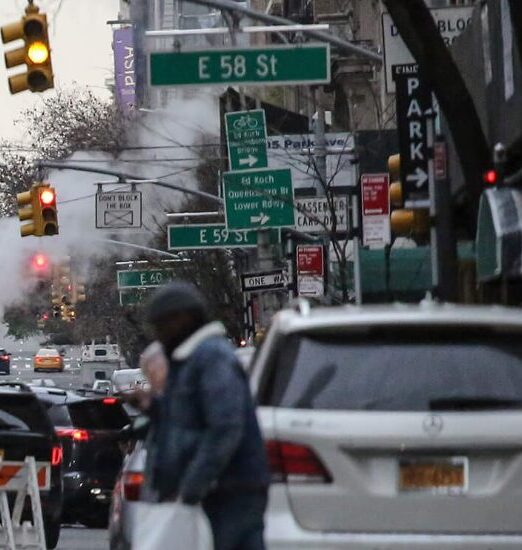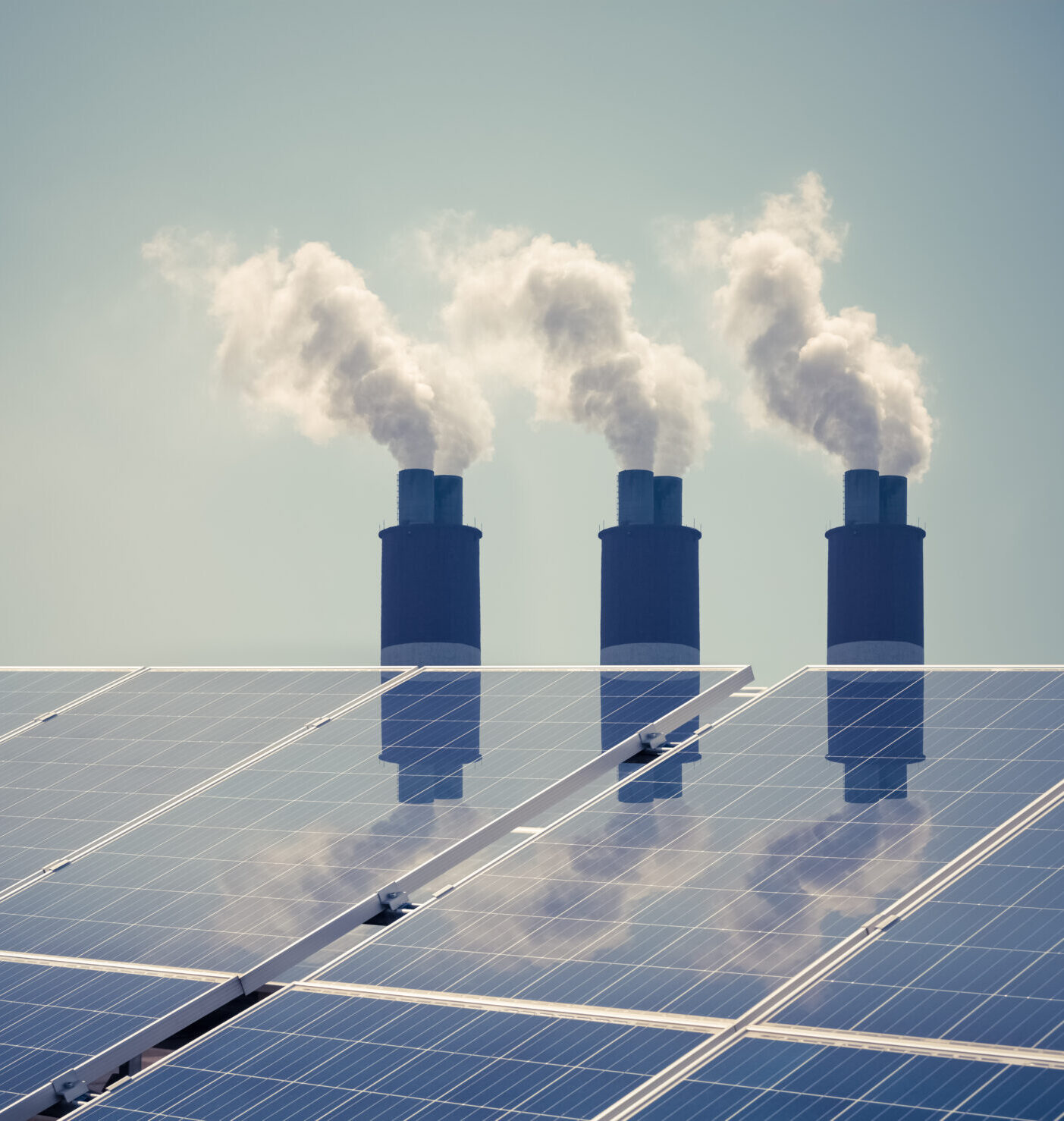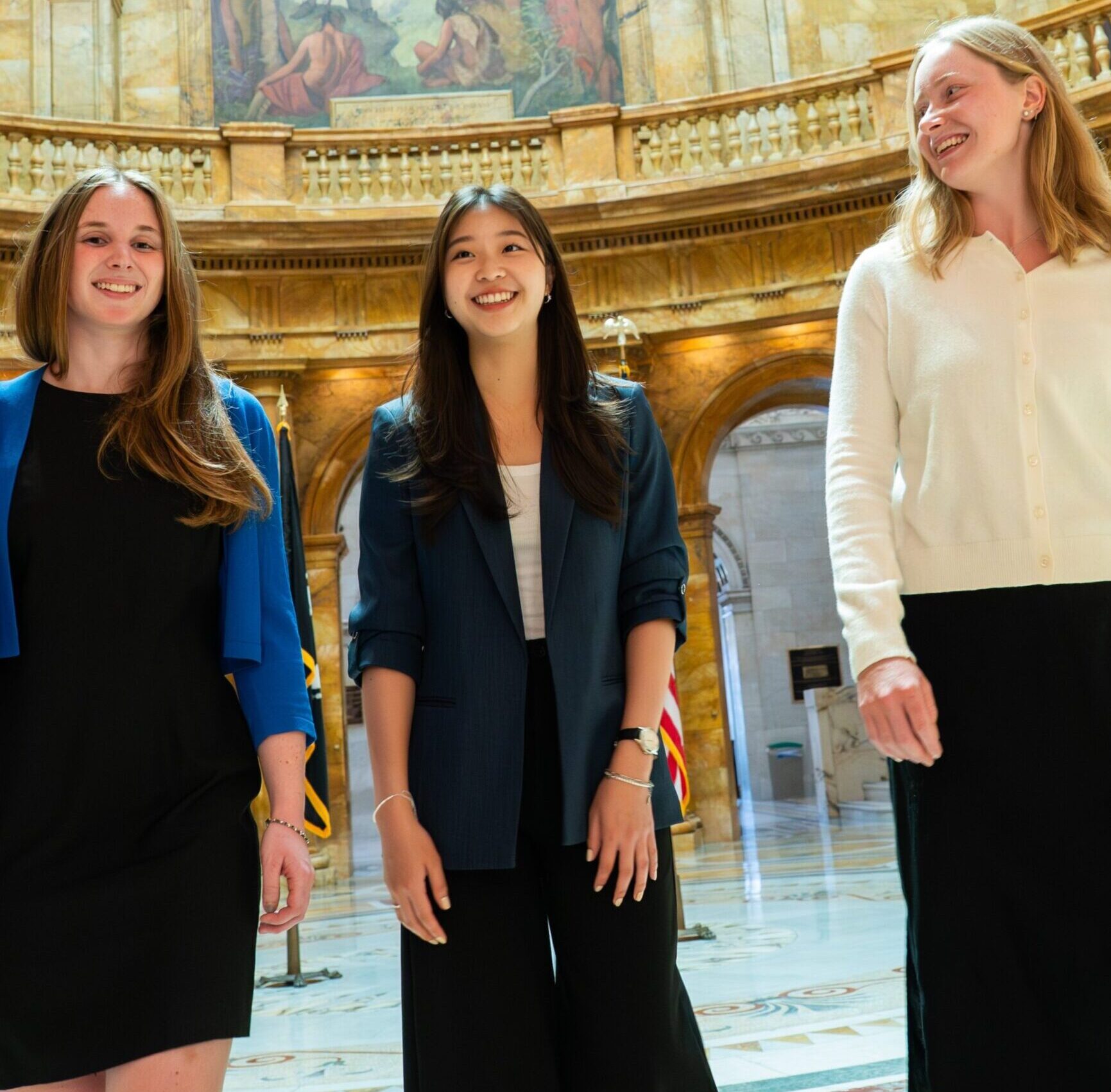


India 2047
‘India 2047: Building a Climate-Resilient Future’ brings together leading experts in climate science, public health, medicine, labor, business, agriculture, and urban planning for a series of interdisciplinary dialogues on advancing climate resilience. Taking place from March 19-22, 2025, it is an invite-only, closed-door event that will address the effects of extreme climatic events such as extreme heat intensifying across the Global South—particularly in India—with far-reaching impacts on the environment, economy, and society demanding urgent, evidence-based solutions. Experts at this convening include government, academia, civil society, and the private sector, aiming to foster collaboration, bridge critical knowledge gaps, and shape actionable research and policy frameworks for a sustainable and climate-resilient future.
India 2047 is co-hosted by The Lakshmi Mittal and Family South Asia Institute and the Salata Institute for Climate and Sustainability at Harvard University in collaboration with the Ministry of Environment, Forest and Climate Change, Government of India. Collaborators include: The National Foundation for India; Sustainable Futures Collaborative; The Nand and Jeet Khemka Foundation; NRDC; NITI Aayog; and CEEW.
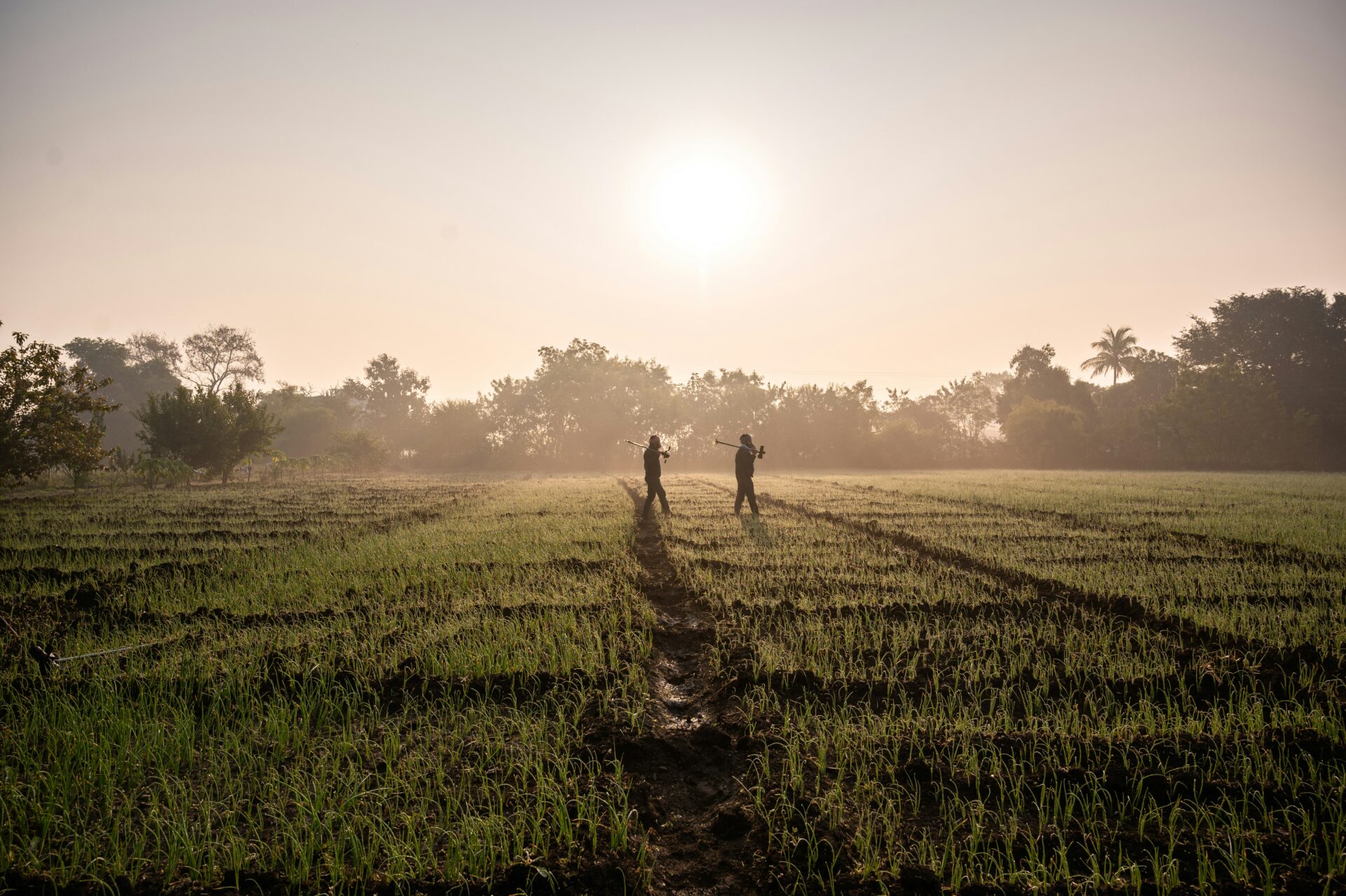

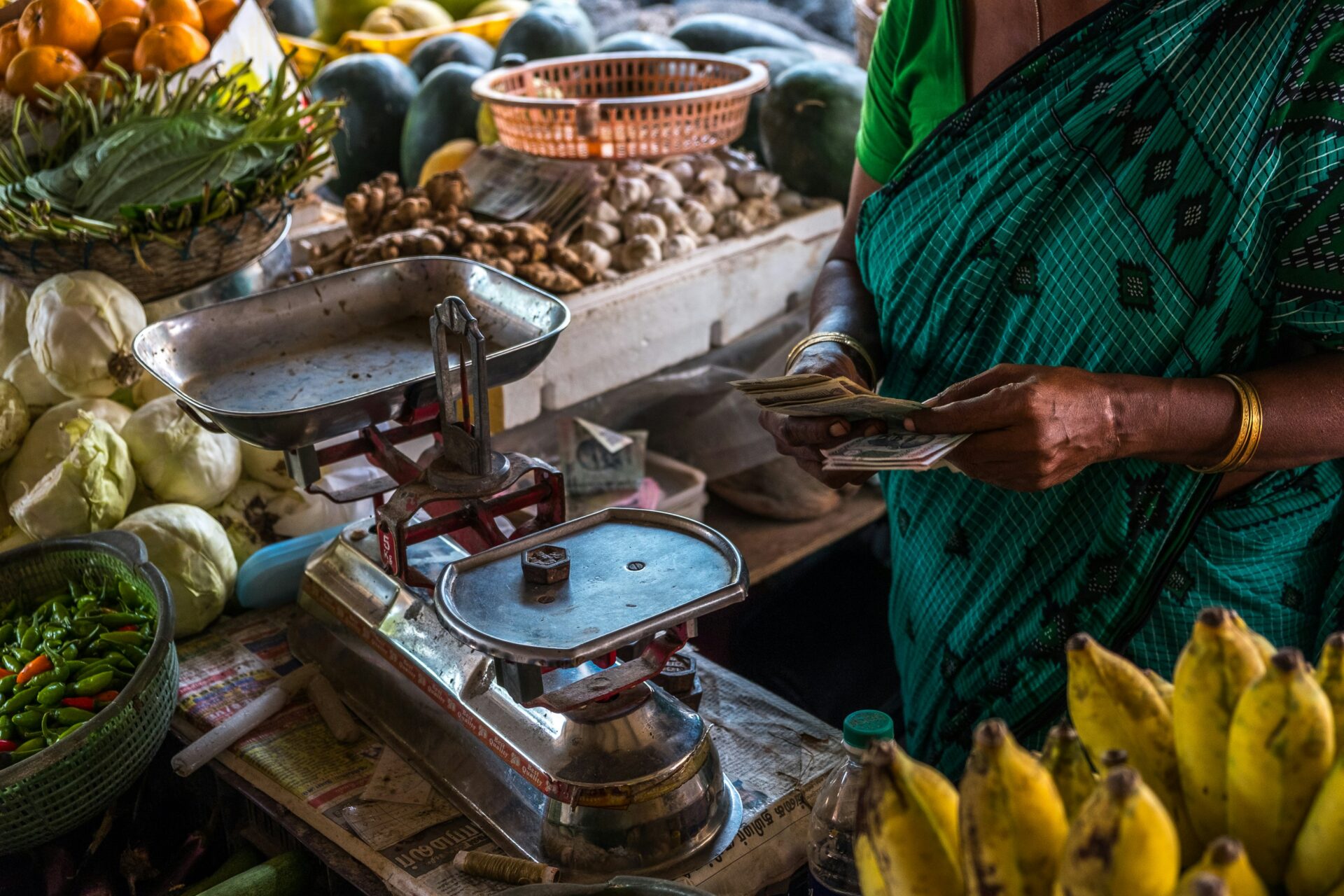
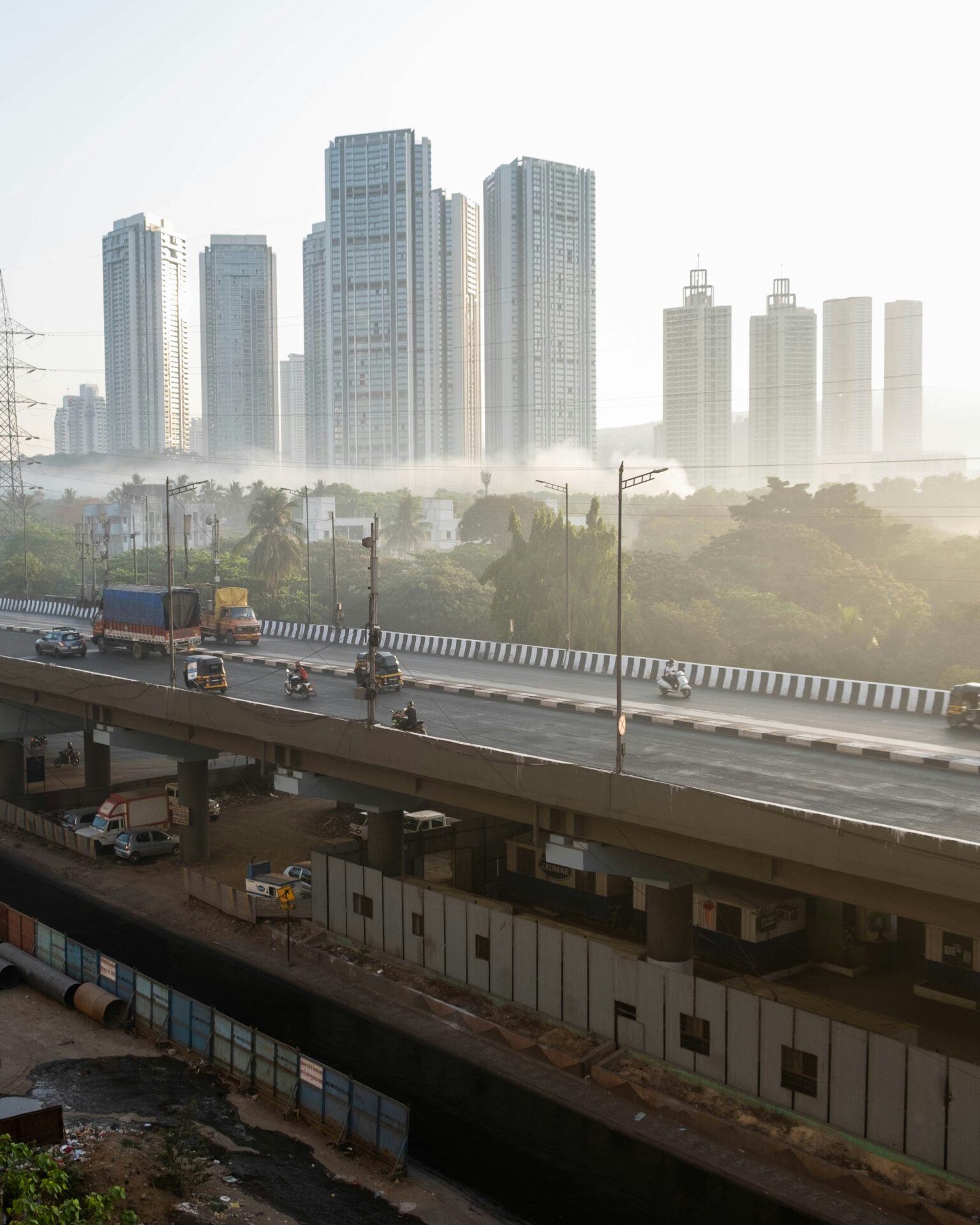
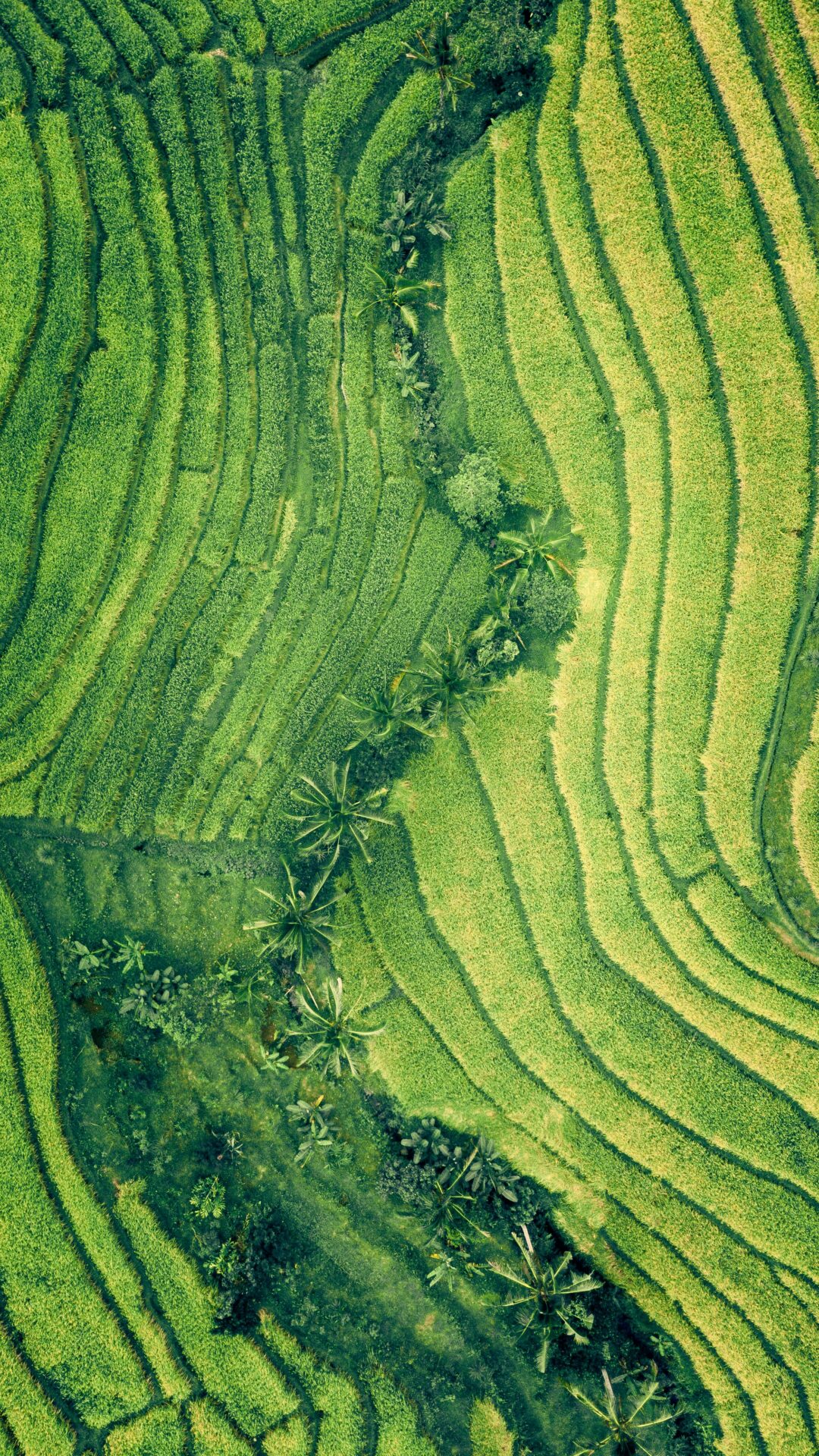
Explore
Participants

Explore
Scientific Committee


